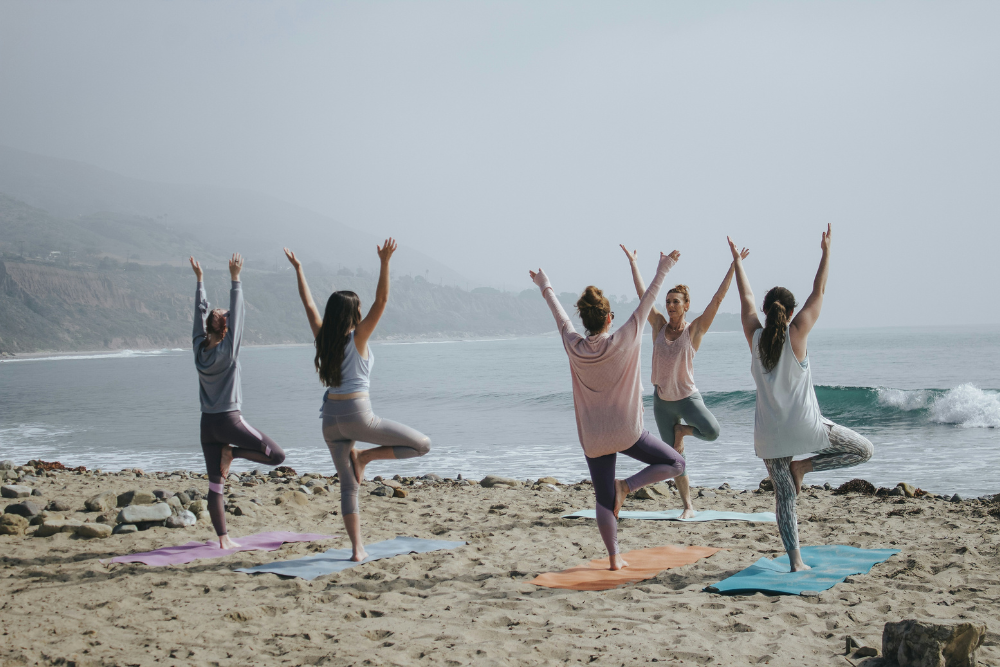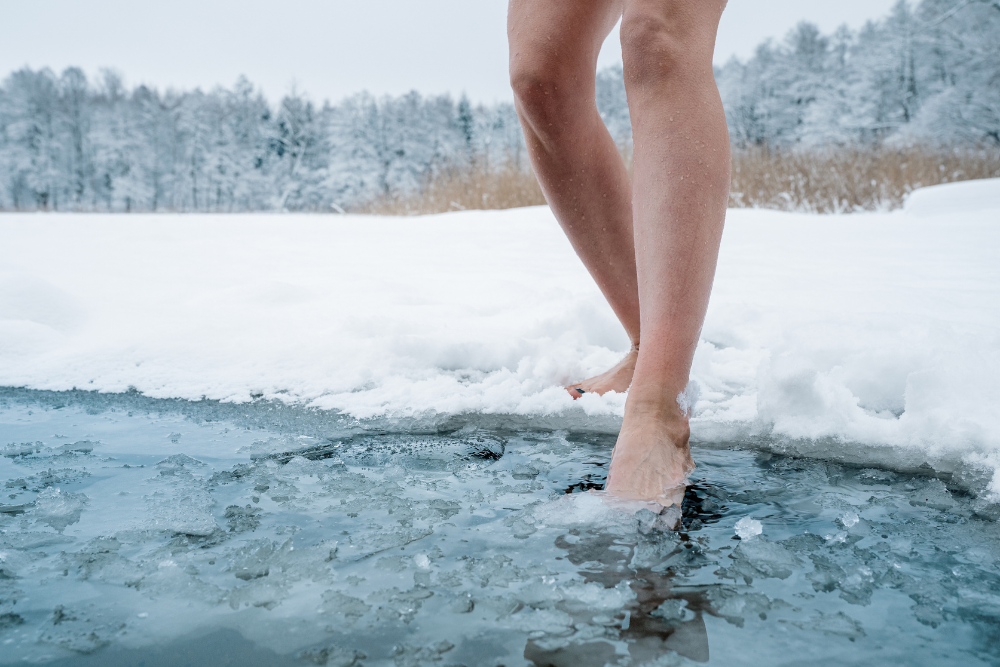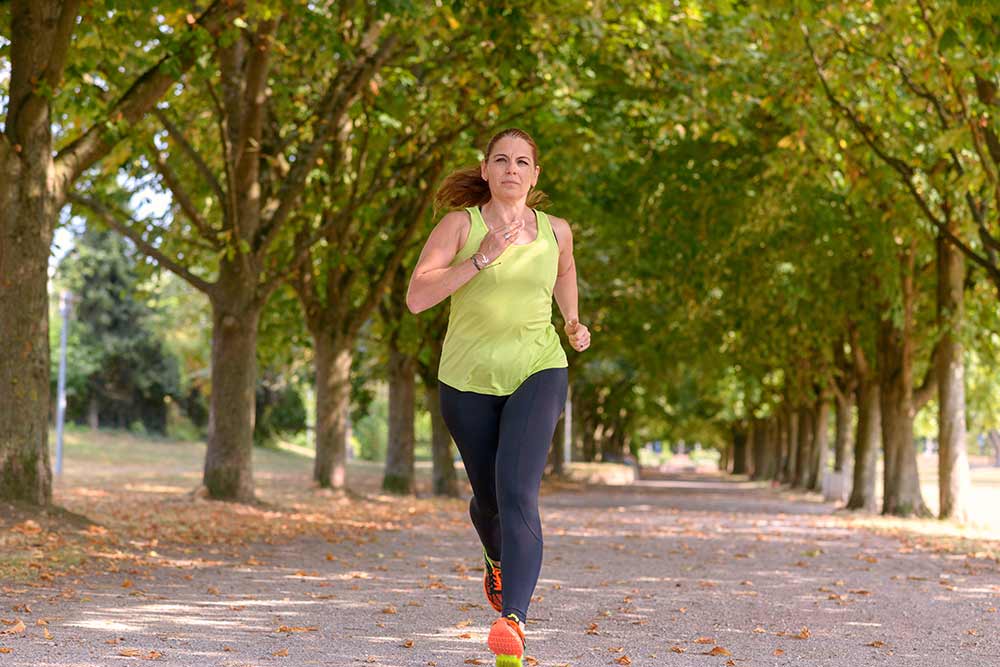Jet Lag – Traveling for Competition
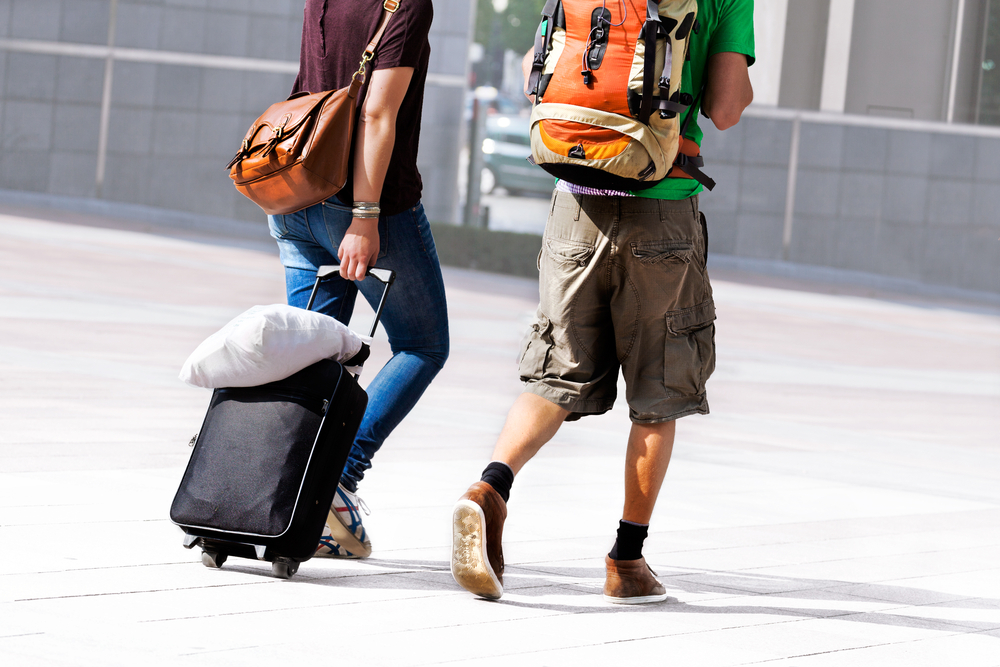
Hadley Seward
Minimize Jet Lag’s Effect on your Performance
By Hadley Seward, certified sleep consultant and certified health coach
More than ever, professional and amateur athletes are traveling further and further for competitions. Along with long-haul travel comes jet lag. For most travelers, it’s an inconvenience. For athletes, it can make or break a performance.
Our circadian rhythms help to regulate a variety of bodily functions that are necessary for peak performance, including core body temperature, heart rate, flexibility, strength, and reaction time. Any time this cycle becomes desynchronized, such as when you cross more than 2 time zones, it will impair your ability to compete until your circadian rhythm can re-synchronize.
There are a number of studies that demonstrate the diminished performance of athletes following long-haul flights, including one that measured the performance of Olympic athletes after a flight from the UK to the US. Researchers found that it took five days for their performance to return to their pre-departure levels [1]. Since we don’t all have a team of experts helping us to compensate for jet lag, what are some strategies to ensure that game day goes off without a hitch?
Planning Your Trip
Athletic trainers insist that the key to performing well after travel is to arrive at the destination with enough time for your circadian rhythm to synchronize with the local time. (India takes this so seriously it’s sending its athletes to Rio a month before the upcoming Olympic games). The rule of thumb: one day of recovery per time zone traveled. Add a few extra days if you’re traveling east, which typically requires a longer adjustment for athletes [2]. For many amateur athletes, such a time commitment isn’t always possible–so do your best.
When traveling east, try to take an overnight flight. For very long trips (12+ hours), research has shown that splitting the travel into two days with an overnight layover could help mitigate the extreme time shift [3].
Preparing for the Trip
The week before the trip, balance the need to train with the need for rest. Dr. Charles Samuels, Medical Director of the Centre for Sleep and Human Performance, suggests reducing the volume and intensity of training sessions for seven days prior to the trip. He also suggests modifying the training time to match the destination time zone; for example, if you usually train at 5pm but will be crossing three time zones, try to slowly move up the training to 8pm [4].
There has been much research on whether or not it’s a good strategy to shift your sleep schedule forward or backwards before the trip. The general consensus is that it’s effective up to a 2-hour shift; more than that is counter-productive. So, for example, if you’ll be traveling west, you could try waking up an hour earlier every morning in the days leading up the the trip.
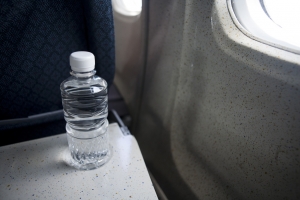 On the Plane
On the Plane
Adjusting to jet lag begins at take-off. Set your watch to the destination’s local time and begin to eat and sleep based on that time. For example, if it’s daytime where you’re traveling, avoid napping on the flight. If it’s not yet meal time at the destination, try to avoid eating until it is. For many flights, this will mean you need to bring your own meals/snacks. For all travelers, but especially athletes, it’s important to stay hydrated and avoid diuretics (caffeine, alcohol) throughout the flight.
After you Arrive
Our circadian rhythms react to exposure to bright light and darkness. Help yours adjust to the new time zone by spending time outdoors during the day and ensure that your sleep environment is quite dark at night. According to one study, you should avoid morning exercise for a few days after an eastward flight as it can delay the adjustment [5]. An iPhone app called Entrain can help to schedule when your body needs light or dark based on your travel itinerary.
As soon as possible, schedule your trainings at the local time of the competition. Remember that your body can’t yet perform at pre-departure levels, so limit training to moderate intensity the first few days after arrival. Be especially careful with high-volume, high-intensity training, which could could put you at risk for injury. [4]
Have you successfully conquered jet lag while traveling for competition? Let us know your strategies!
References:
[1] Reilly T., et al. Effects of temazepam on physiological and performance variables following a westerly flight across five time zones. Journal of Sports Sciences (1997); 15:62.
[2] Lemmer B., et al. Jet lag in athletes after eastward and westward time-zone transition. Chronobiology International (2002); 19(4).
[3] Reilly, T., at al. Coping with jet lag: A Position Statement for the European College of Sport Science. European Journal of Sports Science (2007); 7:1.
[4] Samuels, C. Jet Lag and Travel Fatigue: A Comprehensive Management Plan for Sports Medicine Physicians and High-Performance Support Teams. Clinical Journal of Sports Medicine (2012); 22:3.
[5] Waterhouse, J et al. Identifying Some Determinants of ‘Jet Lag’ and Its Symptoms: A Study of Athletes and Other Travellers. British Journal of Sports Medicine (2002); 36:1.
(adsbygoogle = window.adsbygoogle || []).push({});
You Might Like:
RFK’s Plan to Make America Healthy Again: A Vision for a Healthier Future
Robert F. Kennedy Jr. (RFK Jr.), a prominent environmental lawyer and political activist, has emerged as a voice for change in the United States. Known for his work on environmental and public health issues, particularly...The Science of Temperature Therapy
Temperature therapy (also known as “thermal therapy” or “thermotherapy”) involves the use of heat or cold to improve health and function. Interestingly, thermotherapy has been around for centuries, with ancient cultures regularly using hot springs,...The Predictors of Longevity You Need to Care About
Living a long and healthy life is a universal aspiration, and with the publication of Peter Aittia’s new book “Outlive”, it has never been a bigger focus. With this has come the realisation that, while...How Overtraining and Undertraining Impacts Hormonal Health
While maintaining a healthy hormonal balance is essential for overall health and wellbeing, it is an often-overlooked component of women’s health. Hormones play a vital role in regulating various bodily functions, including metabolism, energy, mood,...12 days of Fitness: 12 Holiday workouts to crush this Christmas
The holiday period is a time for friends, food, and family. With this in mind, it should be a time of guilt-free fun. However, that doesn’t mean you have to neglect your fitness entirely over...Upper Body Strength in Post-Menopausal Women
Menopause is a unique time in the human life, and with it comes a myriad of changes that can have wide reaching health implications. However, over the last 20 years we have seen a strong...(adsbygoogle = window.adsbygoogle || []).push({});

